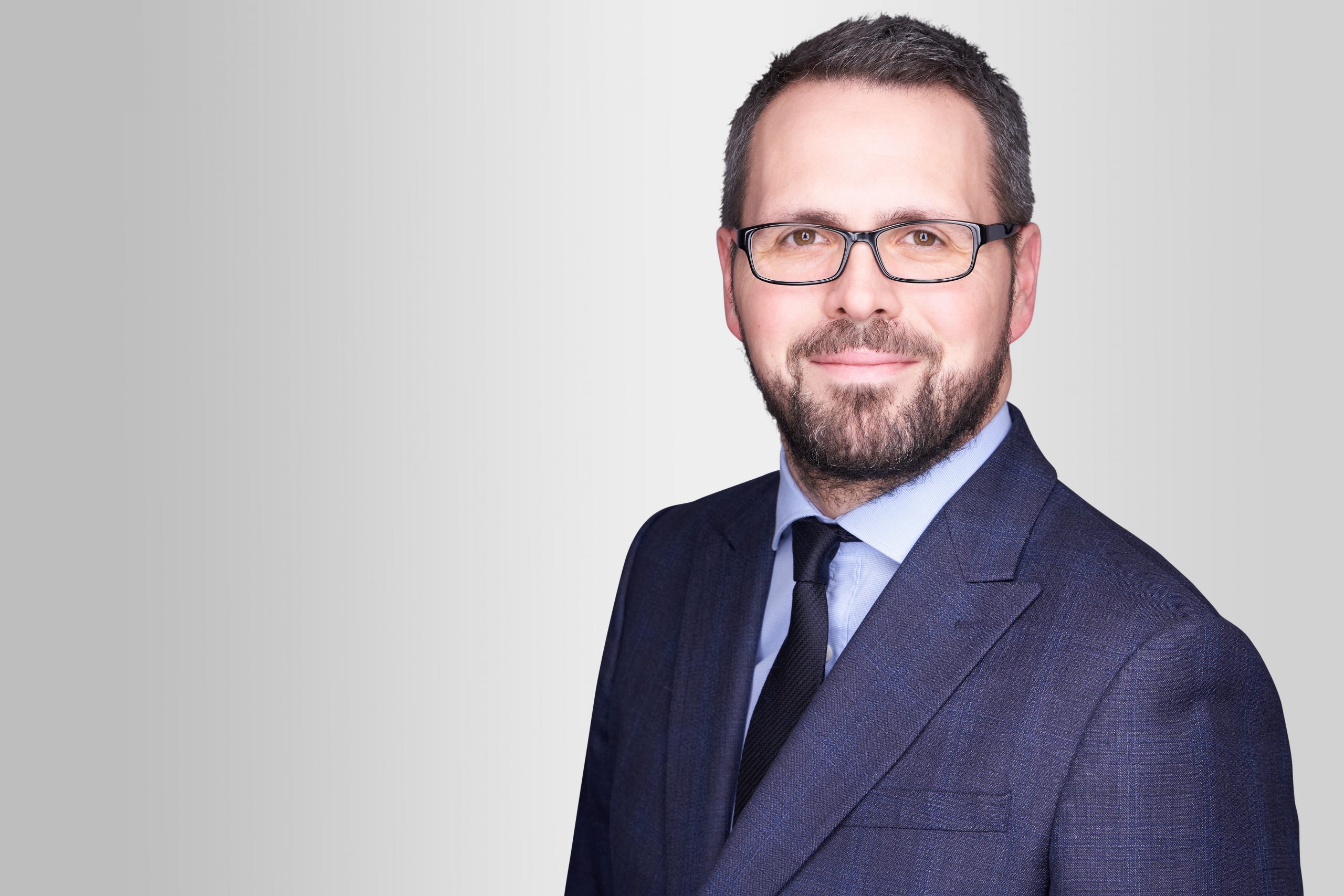Admissibility of evidence – covert recordings of expert examinations
Master Davison handed down his judgement on the case of Samantha Mustard v Flower & Flower & Direct Line Insurance on 11 October 2019. The application before the Master was a unique one as it is concerned the admissibility as evidence of covert recordings obtained by the claimant of her medico-legal appointments with the insurer’s experts. It was the insurer’s application to exclude this evidence on the following grounds:
- That the recordings were unlawful pursuant to the Data Protection Act 2018 and General Data Protection Regulation (GDPR) 2016/679;
- That they should be excluded on because of the unlawful or improper manner in which they were obtained;
- That they impaired or undermined the validity of the neuropsychological testing carried out by the insurer’s expert;
- Finally, that they gave rise to an unlevel playing field as the examinations by the claimant’s neuropsychological expert had not been recorded.
The factual background to this claim, is that the claimant had suffered injuries as a result of a rear end shunt road traffic accident on 21 January 2014. Whilst liability was admitted by the insurers, causation was very much in dispute. The claimant alleged (supported by her expert evidence) that the accident caused her to suffer a significant brain injury, more specifically a subarachnoid haemorrhage and a diffuse axonal injury. The insurers and their experts alleged that the claimant suffered no, or only a very minor brain injury.
The parties relied on expert evidence in various disciplines. The claimant’s solicitor advised her to record all examinations (both with her own and the insurer’s experts) on a digital recording device. The claimant followed this advice, but she only recorded her appointments with the insurer’s experts. In addition, she did not ask all the insurer’s experts if she could record them. She recorded appointments with the orthopaedic consultant, Mr Matthews, and the neurosurgeon, Mr Kellerman, covertly without their permission.
The main point of contention concerned the claimant’s recording of her appointment with the insurer’s neuropsychologist, Dr Torrens. The claimant had actually asked Dr Torrens’ permission to record the examination. Dr Torrens agreed that the claimant could record the clinical examination, but she refused to allow her to record the neuropsychological testing. The claimant inadvertently left the recording device on and this meant the whole of the examination was recorded and that included the Dr Torren’s neuropsychological tests.
The claimant’s solicitor listened to all the recordings of the appointments after the insurer served their expert evidence and he reached the conclusion that the reports did not in every case set out accurately the history the claimant provided during the assessment. The solicitor sent the transcript of Dr Torrens’ appointment to the claimant’s neuropsychologist, Professor Morris, in order to “to appraise the accuracy of the neuropsychological assessment”. Professor Morris concluded that he felt Dr Torrens had potentially deviated from the correct procedures and this may have impacted on the claimant’s overall test scores. Professor Morris’ report then formed the basis of the claimant’s detailed Part 35 questions to Dr Torrens.
Master Davison outlined the test to be applied in order to determine whether such evidence could be admissible. He stated that the court should consider the means employed to obtain the evidence together with its relevance and probative value and the effect that admitting or not admitting it would have on the fairness of the litigation process.
Master Davison rejected the insurer’s submission that the recordings were a breach of any Data Protection legislation and were in anyway unlawful. He relied on Article 2c of the GPDR 2016. which stated it did not apply to the processing of personal data “by a natural person in the course of a purely personal … activity”. He found that the recordings fell into that category. He accepted the claimant’s evidence that she recorded the neuropsychological testing inadvertently, however he did not explain whether it would have changed his overall view had the circumstances been different and she had deliberately recorded the testing.
Master Davison then turned to the other considerations of the relevance and probative value of the evidence. He accepted that the recordings were highly relevant and probative. He stated that the recording placed a question mark against Dr Torrens’ conduct and so clearly had importance and that it would be artificial and unsatisfactory to expect the experts to ignore it during the joint statement process.
He considered all the issues in light of the Overriding Objective and came to the clear conclusion that the recordings should be admissible.
A couple of further points of note. Firstly, the Master ordered that the test papers used in Dr Torrens’ neuropsychological testing be disclosed to Professor Morris in an unredacted form.
Secondly, he raised the general issue as to whether there should be some form of general guidance on the recording of medico-legal assessments. He invited APIL (the Association of Personal Injury Lawyers, representing claimants) and FOIL (the Forum Of Insurance Lawyers) to agree a protocol on the recording of appointments and how such recordings are used.
The still unresolved question is whether such evidence would be admissible if the claimant deliberately continued to covertly record an assessment after an expert had refused such a request. My suspicion is that this factual change may have led the Master to reach a different decision in considering the issues against the Overriding Objective. He seems to have placed great reliance on the fact the recording continued inadvertently and therefore the relevance of this judgement may well be limited.
*Disclaimer: The information on the Anthony Gold website is for general information only and reflects the position at the date of publication. It does not constitute legal advice and should not be treated as such. It is provided without any representations or warranties, express or implied.*

No comments